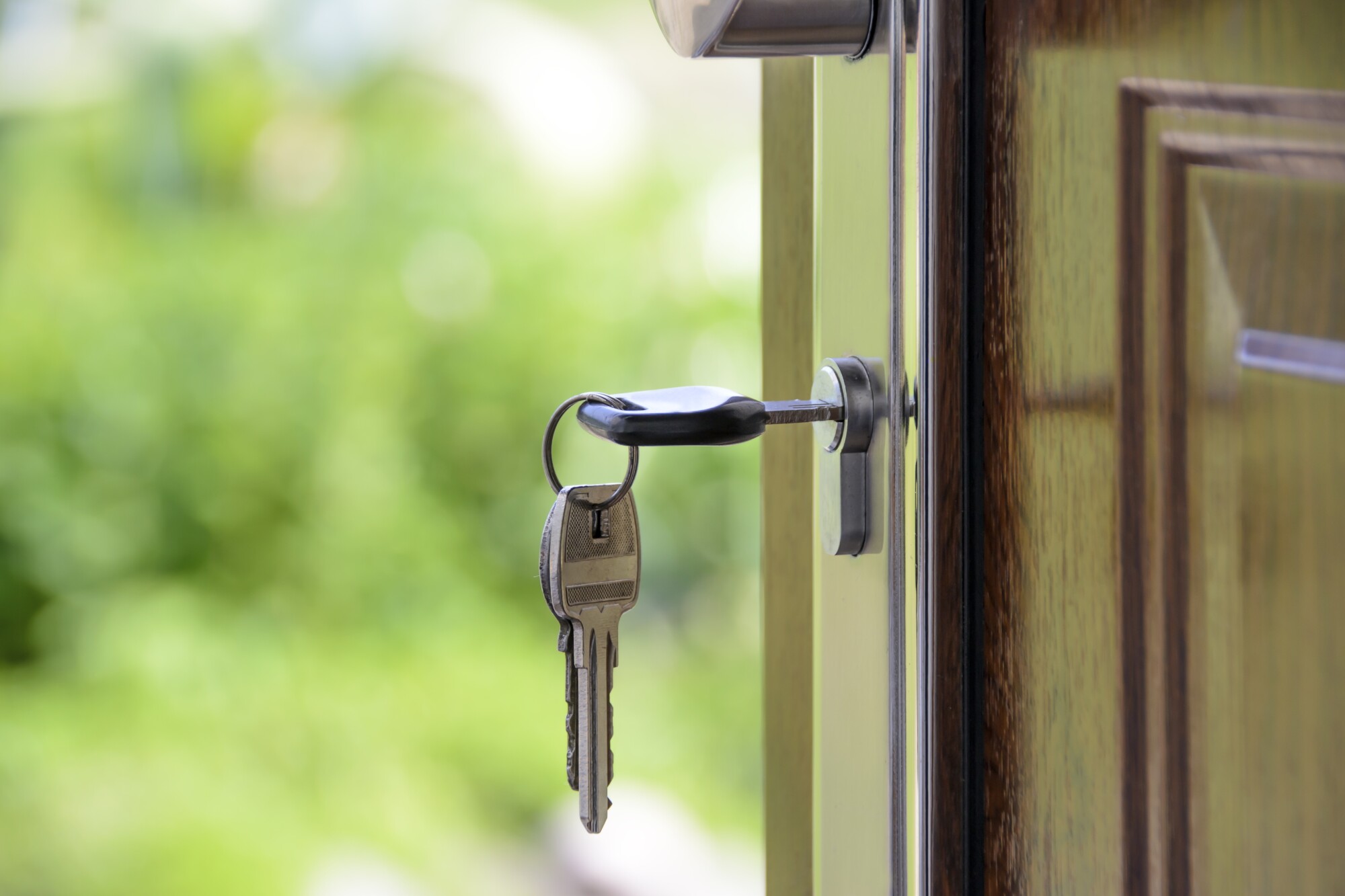Rent collection can be the best and worst part of being a landlord. No matter how wonderful your tenants, at any point, they can become part of the 21 percent of renters who get behind on rent payment.
Getting rent on time is important because you have to cover expenses, like utilities and mortgage payments. You need a plan for a collection that helps you avoid late rent and protects you when it happens.
Let’s take a look at a few tips on how to collect rent successfully each month.
Your Rent Collection Policy
A solid rent collection policy can protect and guide you when it comes time to deal with rent. It should be in your lease, so you and the tenant have both agreed to it. The policy should lay out everything so you and your tenant have a roadmap to follow when rent is due and the consequences of not paying on time.
At a minimum, your policy should include information on:
- Partial payments
- Payment methods
- Due date
- Grace period
- Consequences
Follow the policy carefully because it’s your protection under landlord-tenant laws should things reach the point of eviction.
Payment Methods
Being flexible and allowing for a variety of payment methods can improve your collection rates. While you can still go by and collect cash or allow for checks in a dropbox, moving payments online can help make it easier for everyone.
Electronic or online payments can include automatic withdrawals with ACH, transfers through payment apps, or payments through a tenant portal that works with your management software.
Flexible terms are becoming more common as bi-monthly payments might match a tenant’s income flow better. This is especially true for self-employed and gig economy workers who don’t get paid regularly.
Late Rent
The key agreement between you and your tenant isn’t just that rent is paid. It’s also that it’s paid on time. Late rent violates the lease agreement, which should include consequences for such.
Your lease should include information on whatever grace period you allow, when late fees kick in, and how much they will be. Even if your tenant has a legitimate reason for being late, you should still charge the fees to discourage future late payments.
Sending a late-rent notice keeps things official and professional. It’s also documentation should you ever have to start the eviction process for repeated late payments.
Get Help With Rent Collection
Watching the rents roll in can be a rewarding part of property investment since it’s how you get paid. Having solid policies and communication in place keep collecting rent from becoming a dreaded headache. Work with your tenants to make paying rent easy, and ensure they understand the consequences of not paying on time to avoid most problems.
If you need help with rent collection or other property management issues, contact us to talk to one of our Houston-area property managers about how we can help.


